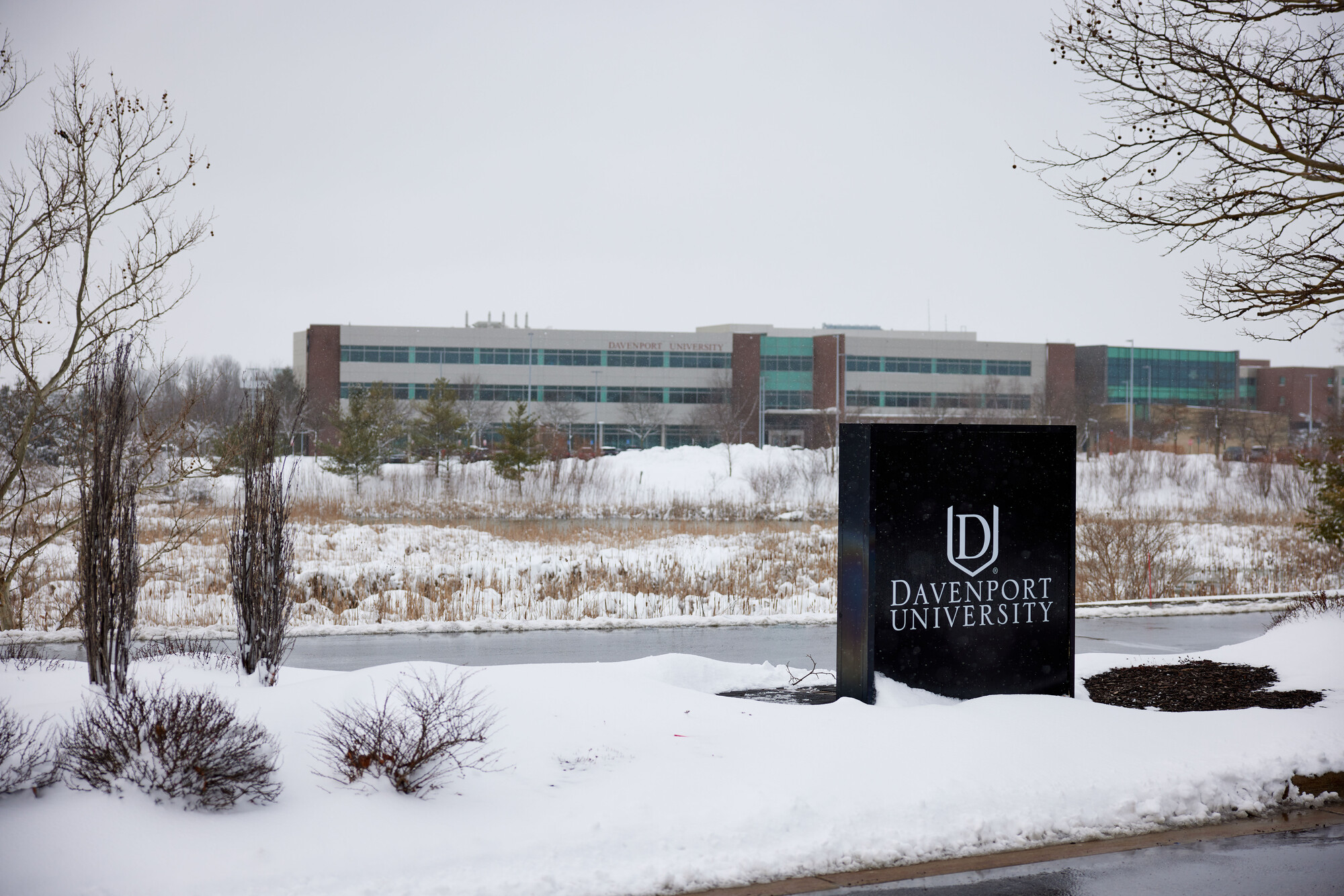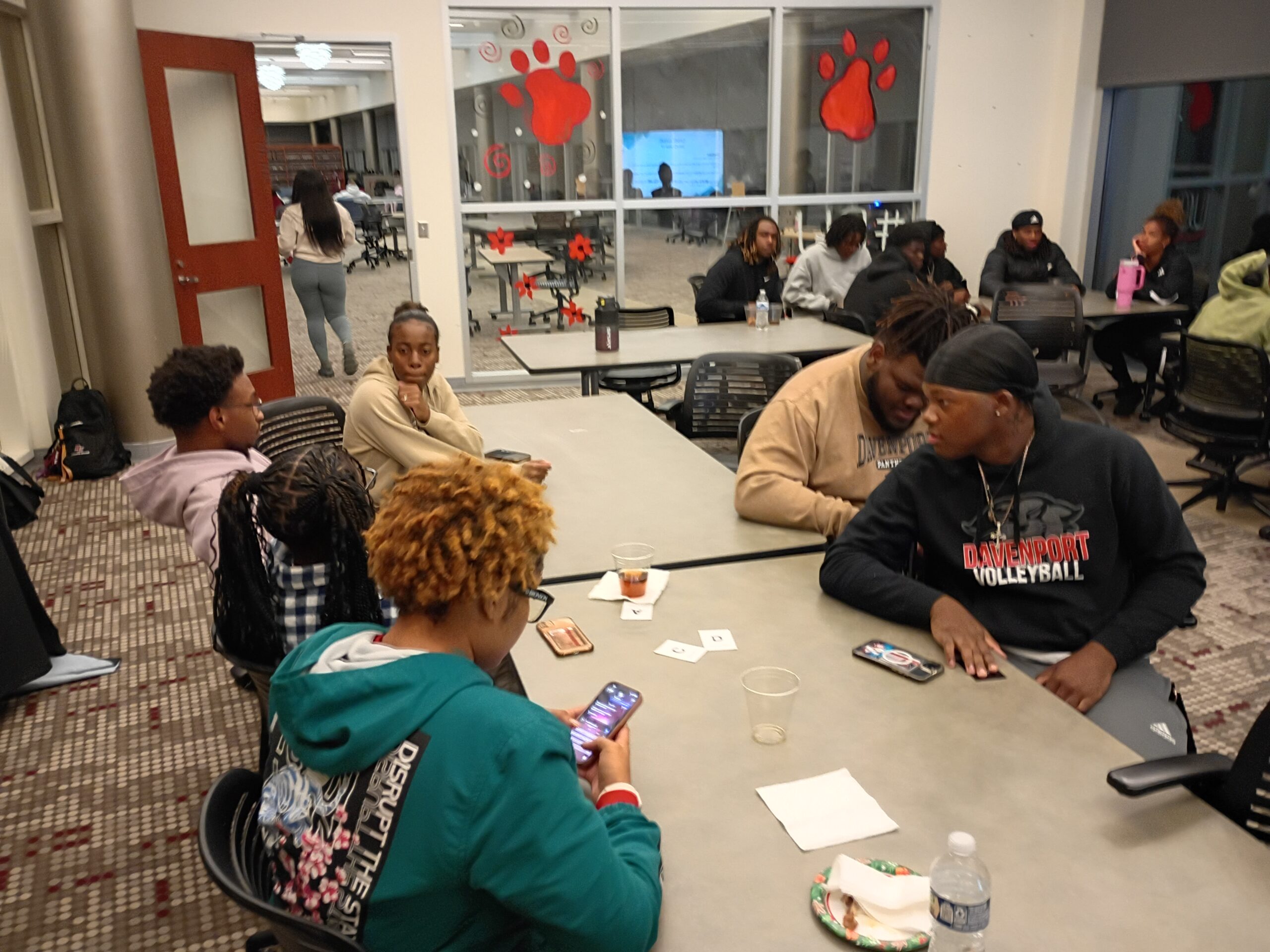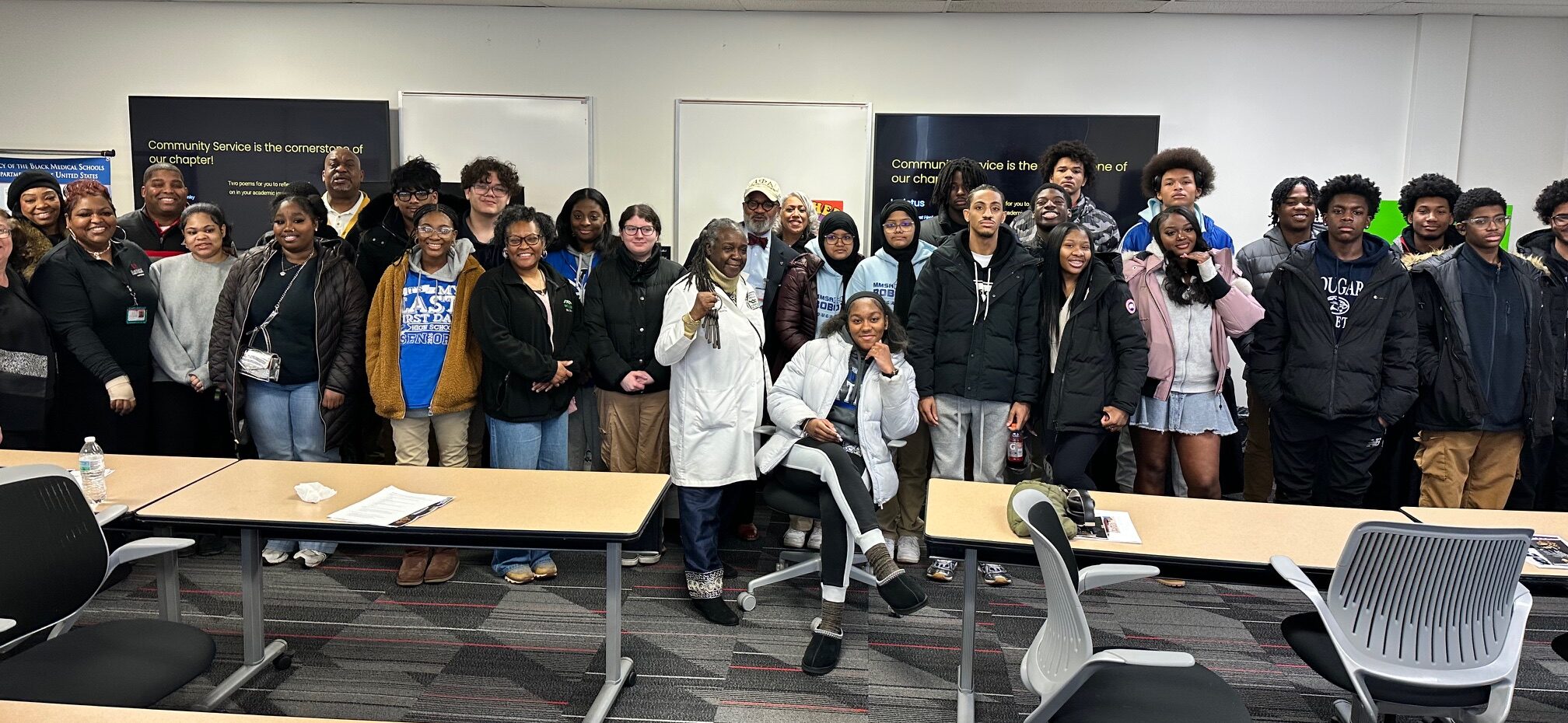When you think of job skills, your mind probably jumps to things like technical knowledge and expertise in your field — the type of things you learn in classes for your college major. But some of the most important skills employers are looking for aren’t necessarily found in a textbook: skills like leadership, creativity, problem-solving and more. These skills are often called soft skills and you definitely don’t want to underestimate their importance in your career.
What are soft skills?
We named a few above, but when we say “soft skills” what do we really mean? Soft skills are most often skills that influence the way you work and interact with people. Essentially, they’re personality traits, habits and behaviors.
Soft skills employers want
A survey of more than 650 employers conducted by Cengage found that soft skills are some of the most in-demand by employers — at least 65% reported that they look for candidates with these skills. The vast majority of jobs will require some amount of interaction, whether that be with coworkers, customers or partners. Without strong soft skills, you might find it hard to brainstorm amazing ideas with colleagues or provide outstanding customer service on the job, which is why these skills are so in demand with employers.
Get ahead with soft skills
Soft skills don’t just help you land a job, they also help you advance in your career. Leadership ability is in itself considered a soft skill, but it’s not the only one you need to keep climbing the ladder. Delegation, teamwork, time management — these are also skills that companies look for in potential leaders. Soft skills won’t just help you with getting hired and promoted; they can also help you network, build professional connections, connect with potential clients and more. Every facet of your career will probably require some form of soft skills whether you realize it or not.
Learn soft skills at Davenport
If things like “active listening” and “collaboration” aren’t your area of expertise, that doesn’t mean you’re out of luck. Soft skills, like any other skill, can be learned and honed with practice — the right curriculum doesn’t hurt either. At Davenport University, we ask employers which skills they want their employees to have and then we work those skills into our curriculum so you graduate with the technical knowledge AND interpersonal skills needed to land your dream job.
We think soft skills are so important we even developed the Davenport University Excellence System to help students excel in these areas. The Excellence System consists of nine student learning outcomes that demonstrate professional competencies necessary for graduates to engage in life-long learning and succeed in their careers. These nine learning outcomes are:
- Global & Intercultural Competence
- Civic & Social Responsibility
- Ethical Reasoning & Action
- Critical & Creative Thinking
- Analysis & Problem Solving
- Leadership & Teamwork
- Information & Technology Proficiency
- Written Communication
- Professional Communication
Make sure to emphasize your soft skills when applying for jobs and interviewing. You can even make your soft skills expertise official, too, with an Excellence System Certificate from Davenport. Soft skills won’t just make you a more competitive job applicant, they’ll also help you grow your career, your connections and make you a more well-rounded individual overall.
Get started on these skills today
Davenport offers plenty of degree programs that focus on developing these soft skills while earning your degree. See what Davenport has to offer you at davenport.edu
Share This Story!
When you think of job skills, your mind probably jumps to things like technical knowledge and expertise in your field — the type of things you learn in classes for your college major. But some of the most important skills employers are looking for aren’t necessarily found in a textbook: skills like leadership, creativity, problem-solving and more. These skills are often called soft skills and you definitely don’t want to underestimate their importance in your career.
What are soft skills?
We named a few above, but when we say “soft skills” what do we really mean? Soft skills are most often skills that influence the way you work and interact with people. Essentially, they’re personality traits, habits and behaviors.
Soft skills employers want
A survey of more than 650 employers conducted by Cengage found that soft skills are some of the most in-demand by employers — at least 65% reported that they look for candidates with these skills. The vast majority of jobs will require some amount of interaction, whether that be with coworkers, customers or partners. Without strong soft skills, you might find it hard to brainstorm amazing ideas with colleagues or provide outstanding customer service on the job, which is why these skills are so in demand with employers.
Get ahead with soft skills
Soft skills don’t just help you land a job, they also help you advance in your career. Leadership ability is in itself considered a soft skill, but it’s not the only one you need to keep climbing the ladder. Delegation, teamwork, time management — these are also skills that companies look for in potential leaders. Soft skills won’t just help you with getting hired and promoted; they can also help you network, build professional connections, connect with potential clients and more. Every facet of your career will probably require some form of soft skills whether you realize it or not.
Learn soft skills at Davenport
If things like “active listening” and “collaboration” aren’t your area of expertise, that doesn’t mean you’re out of luck. Soft skills, like any other skill, can be learned and honed with practice — the right curriculum doesn’t hurt either. At Davenport University, we ask employers which skills they want their employees to have and then we work those skills into our curriculum so you graduate with the technical knowledge AND interpersonal skills needed to land your dream job.
We think soft skills are so important we even developed the Davenport University Excellence System to help students excel in these areas. The Excellence System consists of nine student learning outcomes that demonstrate professional competencies necessary for graduates to engage in life-long learning and succeed in their careers. These nine learning outcomes are:
- Global & Intercultural Competence
- Civic & Social Responsibility
- Ethical Reasoning & Action
- Critical & Creative Thinking
- Analysis & Problem Solving
- Leadership & Teamwork
- Information & Technology Proficiency
- Written Communication
- Professional Communication
Make sure to emphasize your soft skills when applying for jobs and interviewing. You can even make your soft skills expertise official, too, with an Excellence System Certificate from Davenport. Soft skills won’t just make you a more competitive job applicant, they’ll also help you grow your career, your connections and make you a more well-rounded individual overall.
Get started on these skills today
Davenport offers plenty of degree programs that focus on developing these soft skills while earning your degree. See what Davenport has to offer you at davenport.edu
Share This Story!
Stay connected!
Get the latest Davenpost News delivered to your inbox!
Related Stories
Davenport University has entered into a partnership with Northwestern Michigan College called Direct Connect to streamline the transfer process for [...]
Marie Woodard, ‘94, is the kind of mentor students would want in their corner when navigating challenging educational and professional [...]
Nurses are recognized as one of the most trusted professions, according to a Gallup survey published in 2023. A future [...]
Latest Stories
The path to college isn’t always easy, and for students of color, it is often littered with roadblocks not present [...]
In recognition of Black History Month, Feb. 23 – 26, the Warren campus of Davenport University invited middle and high [...]
Davenport University President Richard J. Pappas, Ed.D., announced that Mark Peters, the CEO of Butterball Farms, Inc. has been appointed [...]








